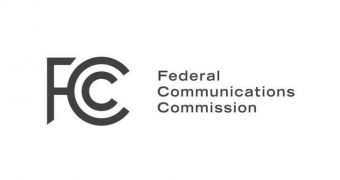After several days of people becoming annoyed with the FCC and the fact that net neutrality might as well be dead, Tom Wheeler, FCC chairman, has decided to step into the spotlight and explain his stance on the matter.
In a blog post titled “Finding the Best Path Forward to Protect the Open Internet,” Wheeler addresses many concerns that people have had in the past week and even before this.
First and foremost, the chairman says that the committee’s main priority is to preserve the Open Internet and claims that at this time, all options are on the table, which includes the idea of reclassifying Internet providers so that they can be regulated like any other phone company or utility.
“If the proposal before us now turns out to be insufficient or if we observe anyone taking advantage of the rule, I won’t hesitate to use Title II. However, unlike with Title II, we can use the court’s roadmap to implement Open Internet regulation now rather than endure additional years of litigation and delay,” Wheeler says.
The FCC is currently trying to figure out what’s the best course of action, especially since several months back, the D.C. Circuit laid out a “blueprint” for how the FCC could and could not regulate Internet service providers following the Verizon v. FCC lawsuit.
“I have repeatedly stated that I viewed the court’s ruling as an invitation that I intended to accept. We ask for comment on this approach in the NPRM (Notice of Proposed Rulemaking),” Wheeler said.
The NPRM is the file that everyone’s been reporting about and Wheeler claims that nothing is set in stone and that this is just a proposal.
Furthermore, he points out that some measures that the FCC could take would take more time than others. For instance, seeking legal action would tie the entire regulatory effort for several years as lawyers battle it out in court.
“At the heart of the proposed NPRM is the assurance that it won’t be possible for an Internet provider to degrade the service available to all. Let me re-emphasize that: the Internet will remain like it is today, an open pathway. If a broadband provider (ISP) acts in a manner that keeps users from effectively taking advantage of that pathway then it should be a violation of the Open Internet rules,” Wheeler writes.

 14 DAY TRIAL //
14 DAY TRIAL //